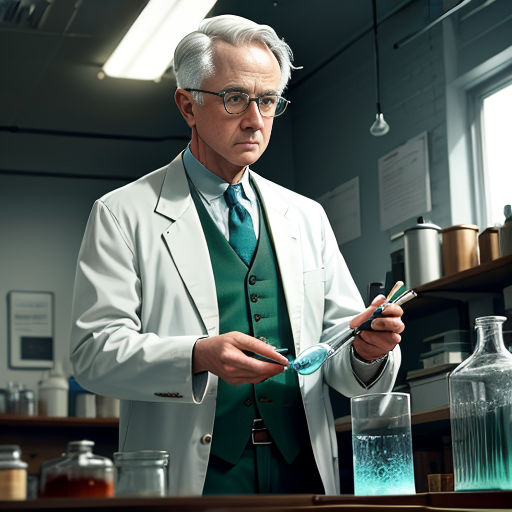
The Discovery of Penicillin
By Storybird

26 Oct, 2023

In the early 20th century, amidst the bustling streets of London, a brilliant scientist named Sir Alexander Fleming was engrossed in his work at St. Mary's Hospital.

His research revolved around bacteria and their potent ability to cause diseases.
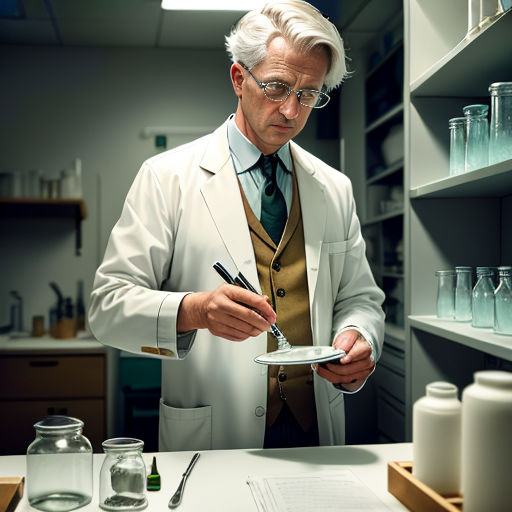
One day, Fleming returned to his lab after a vacation. He began examining the petri dishes he had left behind.
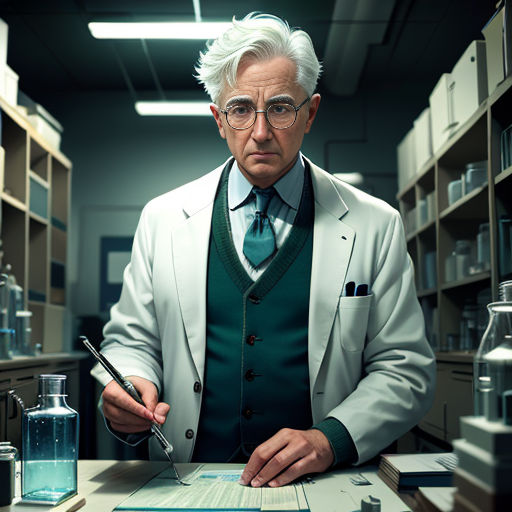
He noticed something peculiar: one of the dishes had a strange mold growing in it.
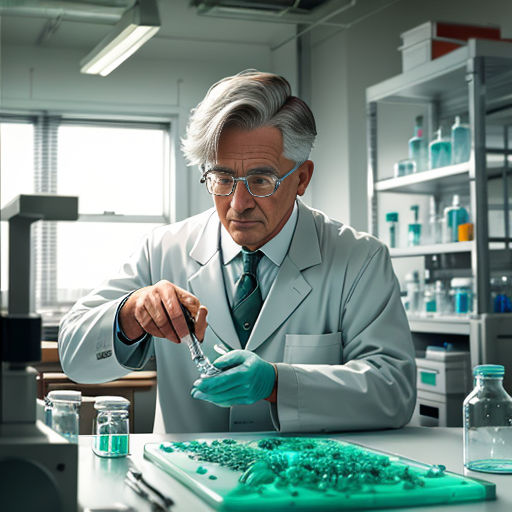
What caught his attention was a clear zone around the mold where the bacteria seemed to have vanished.
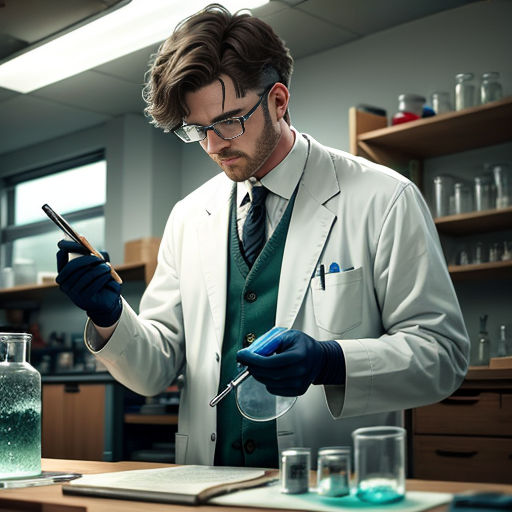
Intrigued, Fleming began studying this mold, which he identified as Penicillium notatum.

His meticulous experiments revealed that this mold produced a substance that could kill several types of bacteria.
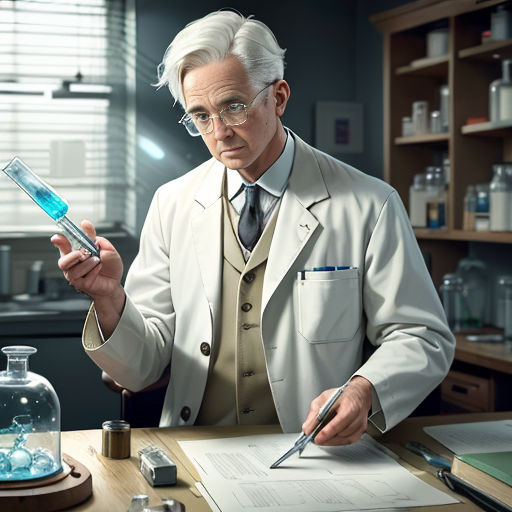
Fleming named this bacteria-killing substance "penicillin."
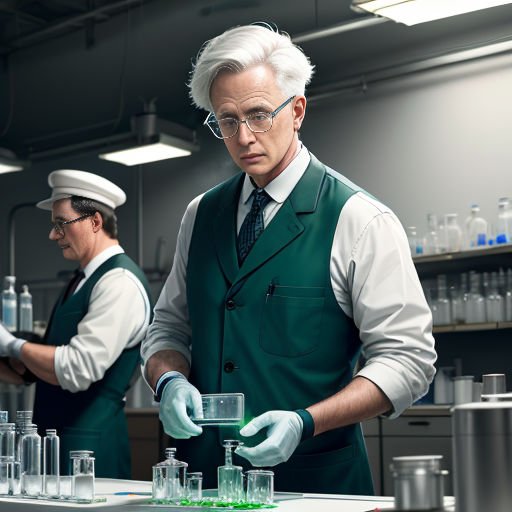
His discovery was revolutionary, but the process of producing penicillin in large quantities proved challenging.
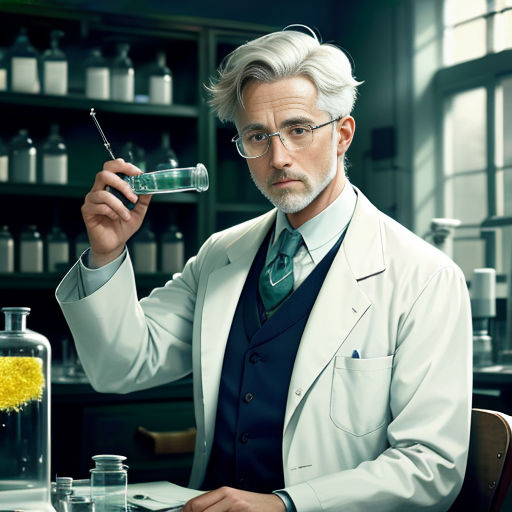
Despite the obstacle, Fleming remained hopeful that penicillin could be utilized to combat bacterial infections.
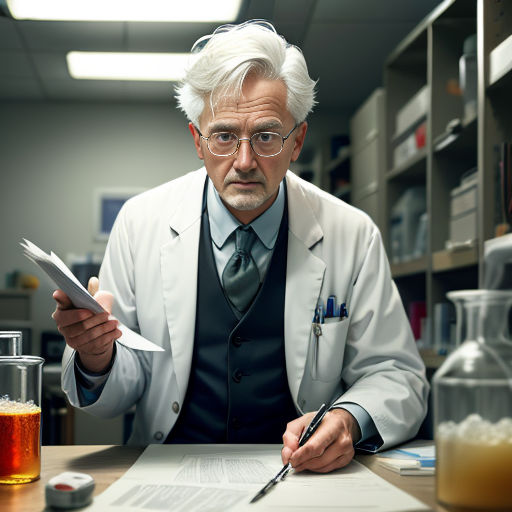
Years later, during World War II, Fleming's hope turned into reality.
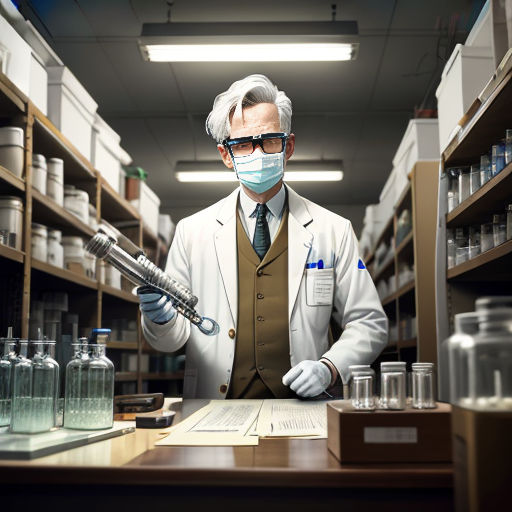
Scientists Howard Florey and Ernst Chain successfully mass-produced penicillin, saving countless soldiers from bacterial infections.
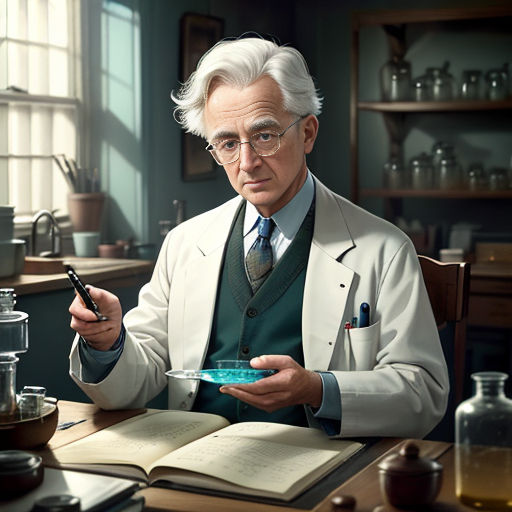
Fleming's discovery of penicillin had become a beacon of hope during a period of despair.
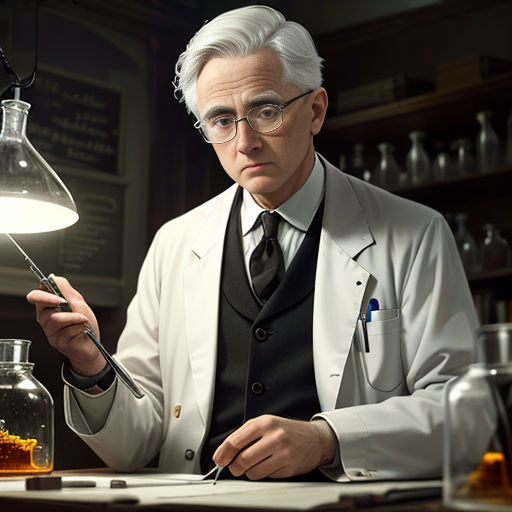
The impact of Fleming's discovery did not end with the war.
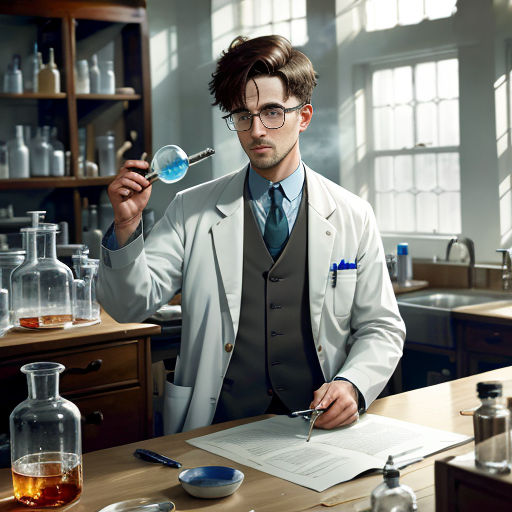
Penicillin transformed the medical field, providing an effective weapon against harmful bacteria and diseases.

For his monumental discovery, Fleming was awarded the Nobel Prize in Physiology or Medicine in 1945.

The world recognized the significance of his work, and his name became synonymous with medical breakthroughs.
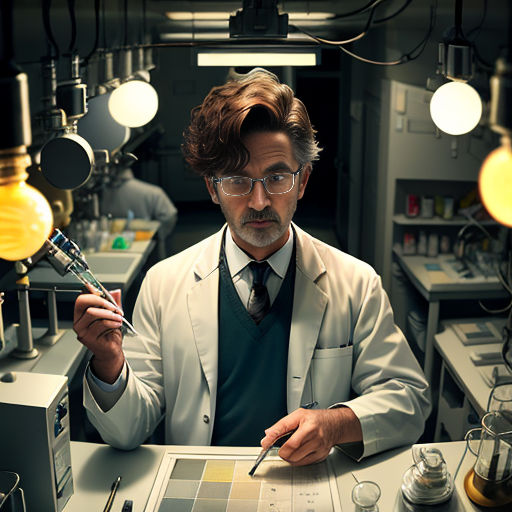
Fleming's humble discovery in a petri dish had led to one of the greatest advancements in medicine.
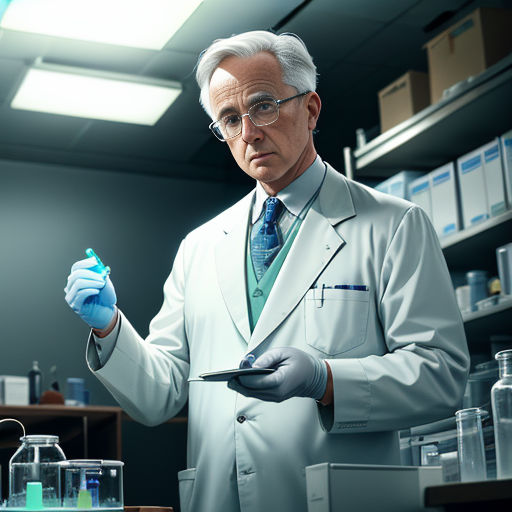
His dedication and curiosity had not only changed the course of medicine but also saved countless lives.

Even today, penicillin remains a fundamental part of medical treatments worldwide.
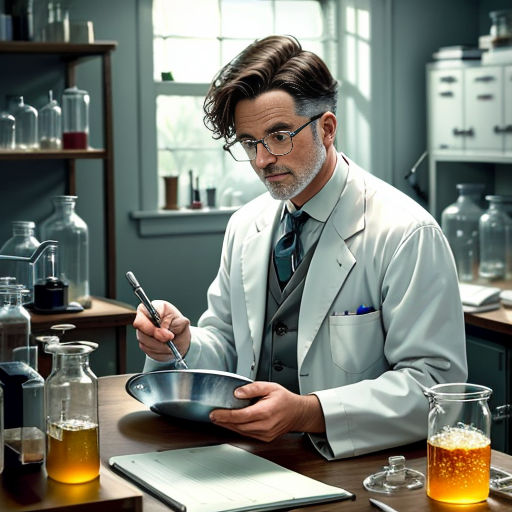
Sir Alexander Fleming's journey is a testament to the power of curiosity and the potential of scientific exploration.
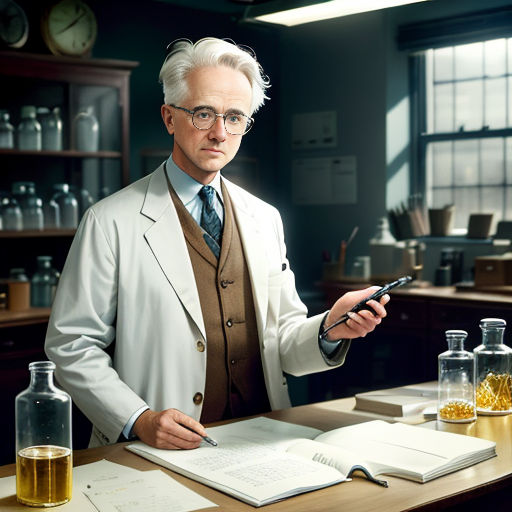
His story inspires us to remain open to unexpected discoveries and to embrace the unknown.
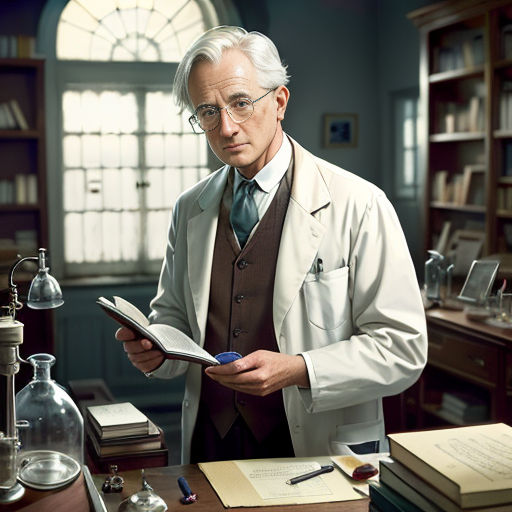
His life's work is a reminder of the infinite possibilities that can stem from a simple observation.
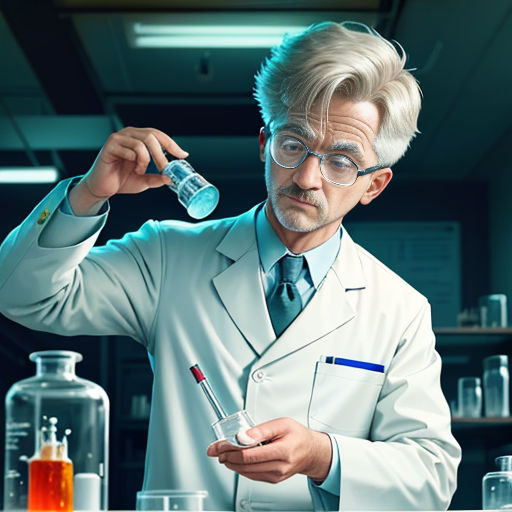
Sir Alexander Fleming, the man who stumbled upon a miracle in a petri dish, continues to inspire generations of scientists and medical professionals.
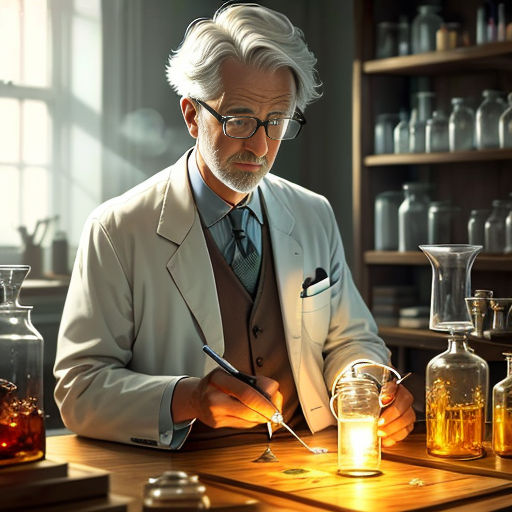
His name remains etched in history, a symbol of scientific innovation and human resilience.
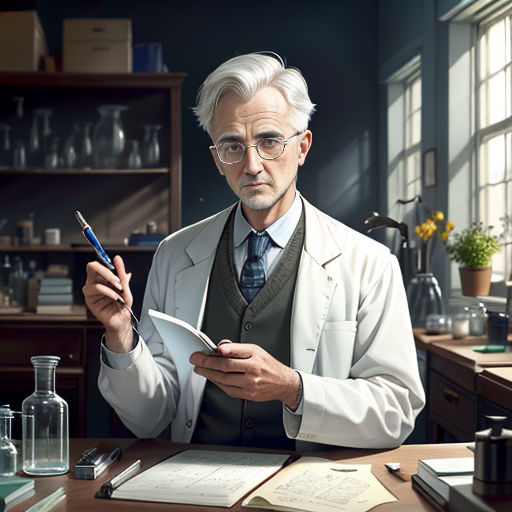
The journey of Sir Alexander Fleming is a story of discovery, perseverance, and most importantly, hope.